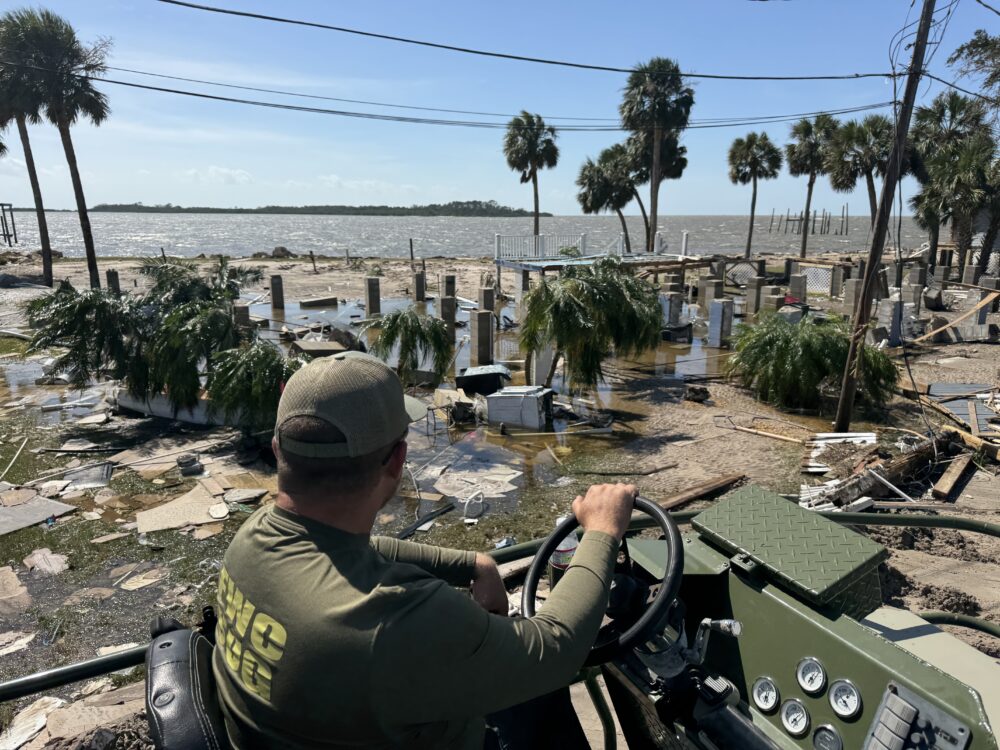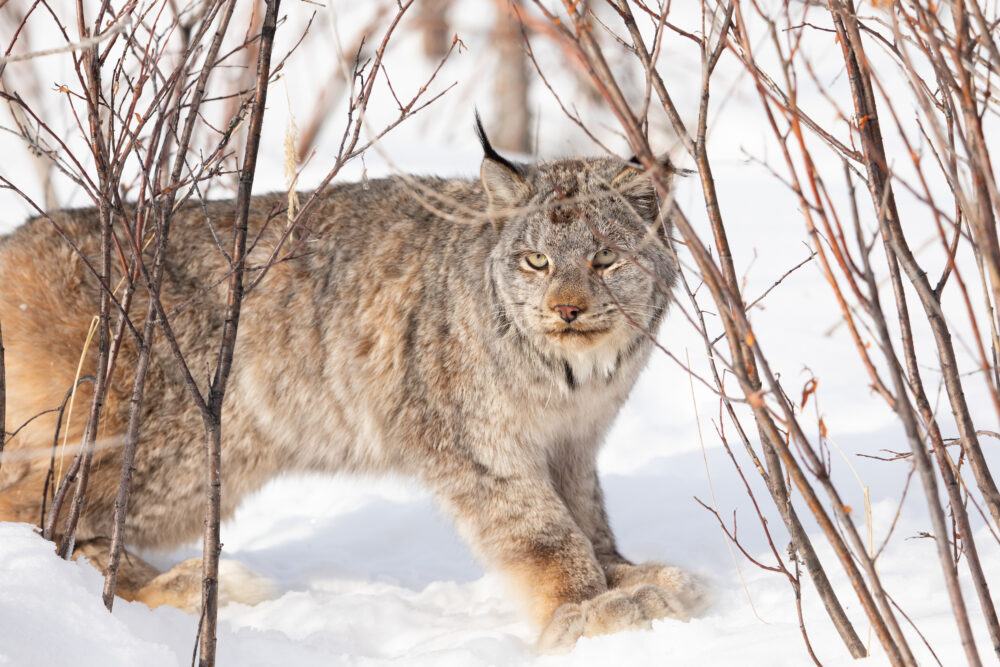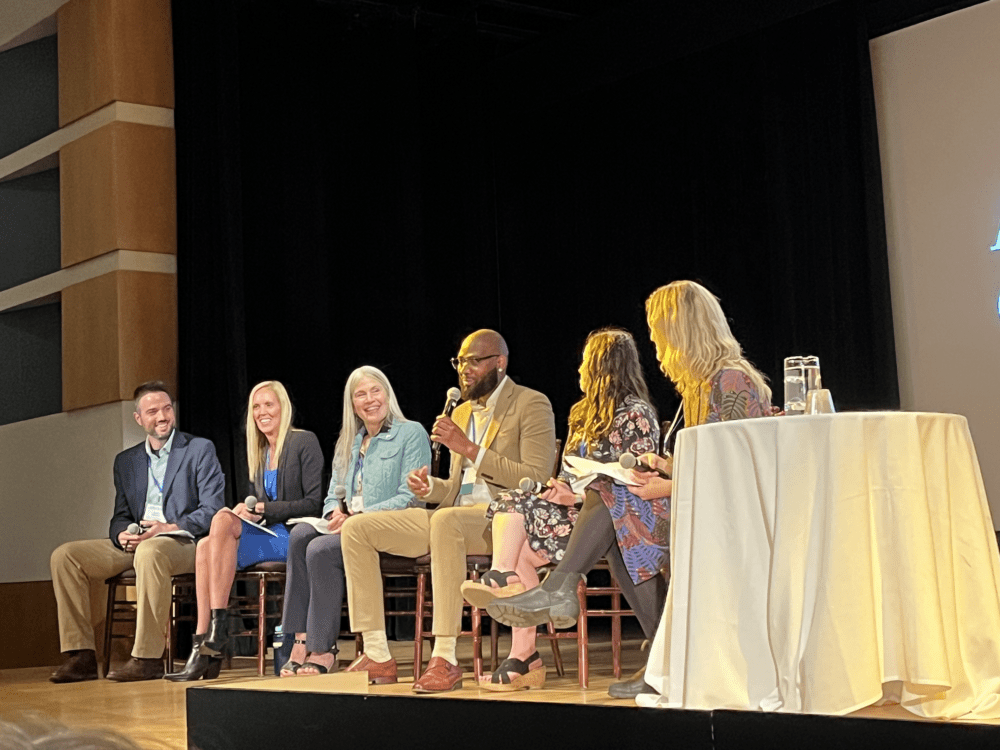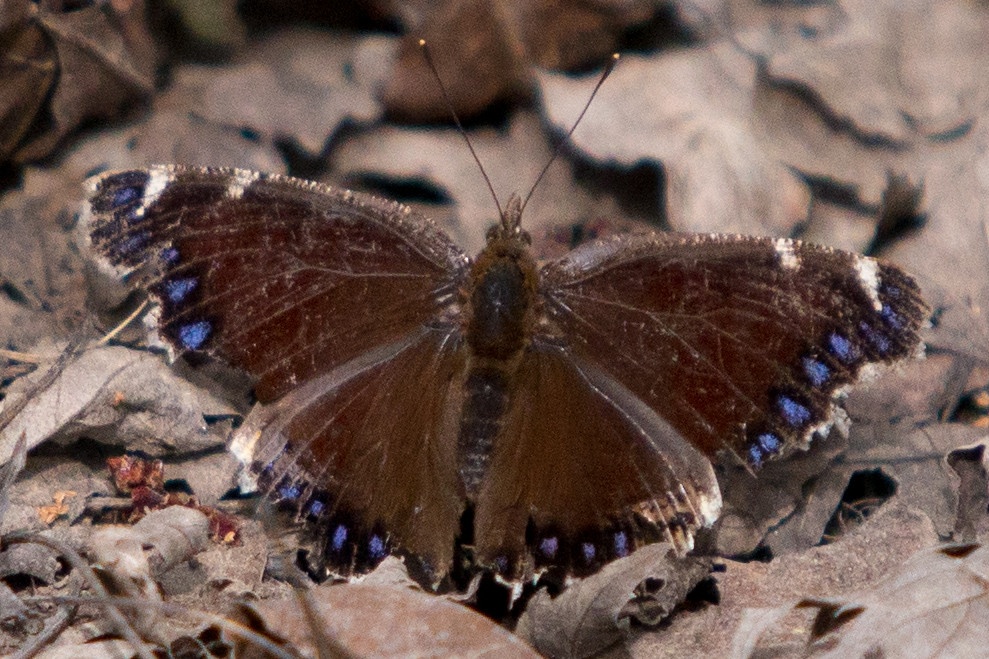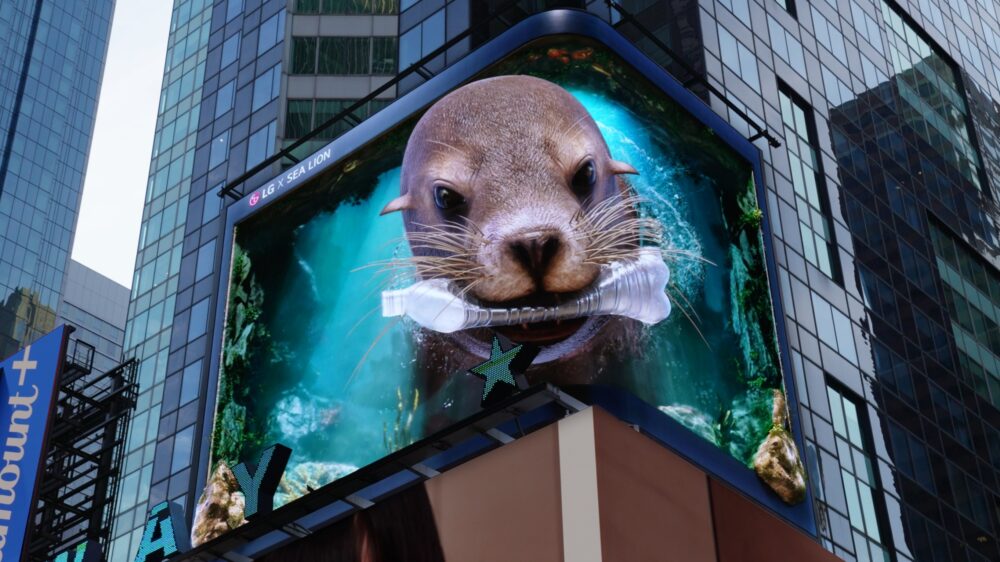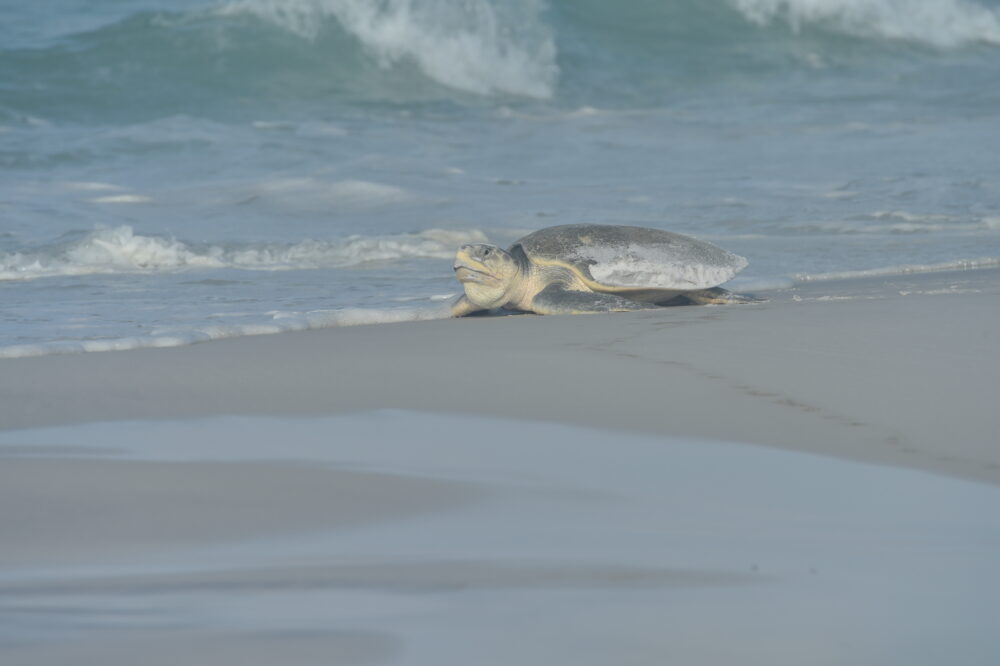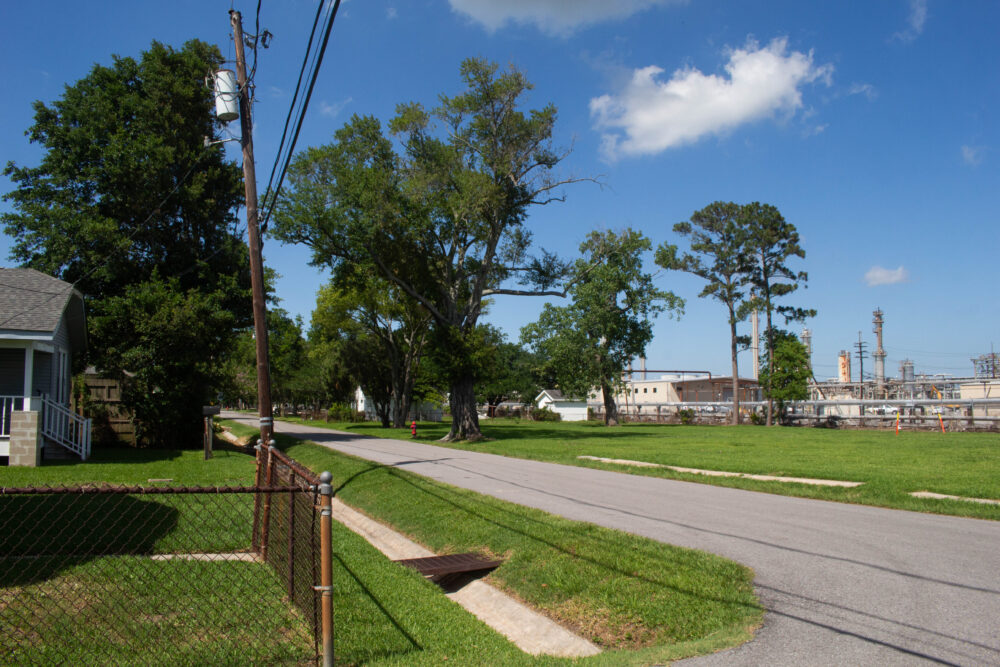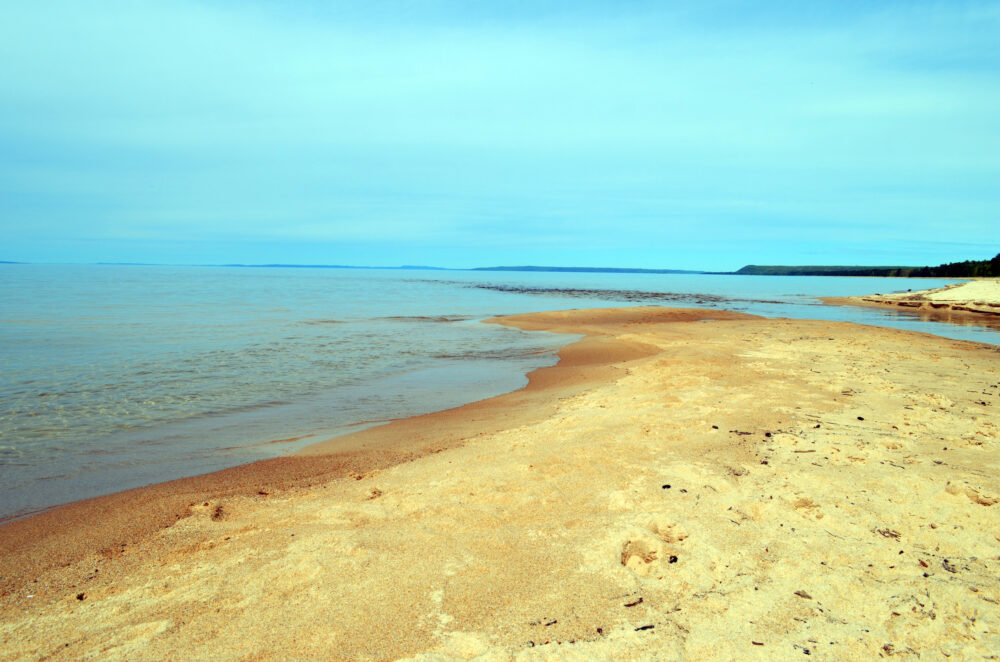We have much more to do and your continued support is needed now more than ever.
Gulf Restoration and the 2015 Sportsmen’s Act
Sportsmen should be concerned at the rapid decline of the Mississippi River Delta wetlands ecosystem. The Mississippi River Delta feeds both the waterfowl that we hunt and the fish we chase. There is no place like it for the American sportsman and we need all the help we can get to restore its habitat values.
As the 5th anniversary of the BP spill highlights this incredible area, the damage done by the carelessness of BP and the massive conservation funding that will come from holding BP accountable, it’s important to note that other tools are available to us to restore the Gulf.
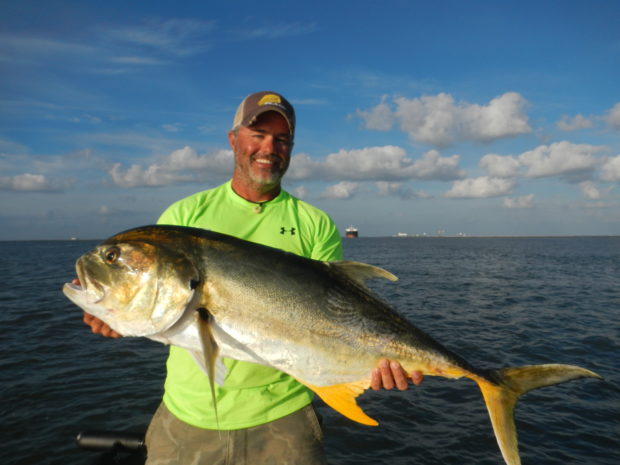
In the coming weeks the Sportsmen’s Act of 2015 will be moving through Congress. Within this great piece of legislature resides two habitat conservation items – the North American Wetlands Conservation Act Reauthorization (NAWCA) and the National Fish and Wildlife Foundation Reauthorization (NFWF).
- North American Wetlands Conservation Act Reauthorization – Reauthorizes NAWCA through 2019, providing matching grants to organizations, state/local governments, and private landowners for the acquisition, restoration and enhancement of wetlands critical to migratory birds. The program generates three additional dollars for every federal dollar and reduces the annual authorization level from $75 to $50 million.
- National Fish and Wildlife Foundation Reauthorization – Reauthorizes NFWF though 2019, directing conservation dollars to pressing environmental needs with matching private funds. NFWF supports conservation projects across the country and administers the Gulf Environmental Fund established to remedy harm from the Deepwater Horizon (BP) oil spill.
- NAWCA has helped protect or restore 25.6 million acres of wetlands during the last two decades while NFWF has leveraged nearly $576 million in federal funds into $2 billion worth of conservation projects.

How critical is the restoration of Gulf wetlands? A new report by the National Wildlife Federation, Five Years and Counting: Gulf Wildlife in the Aftermath of the Deepwater Horizon Disaster, exposes the risks to wildlife in the Gulf, including many species sportsmen hold dear:
- Exposure to oil has been shown to cause abnormal development in many species of fish, including mahi mahi, Gulf killifish and bluefin and yellowfin tuna.
- Spotted seatrout, also known as speckled trout, spawned less frequently in 2011 in both Louisiana and Mississippi than in previous years.
- 2010 and 2011 had the lowest numbers of juvenile red snapper seen in the eastern Gulf fishery since 1994.
A federal judge will soon decide the case against BP and the other companies for violations of the Clean Water Act. A law passed in 2012 known as the RESTORE Act will send this money back to the five Gulf states. A National Wildlife Federation report released in December 2014 describes 47 projects that would restore wetlands, rebuild oyster reefs, protect landscapes and re-create a more natural balance between fresh and salt water—activities that would enhance the health of the Gulf of Mexico.
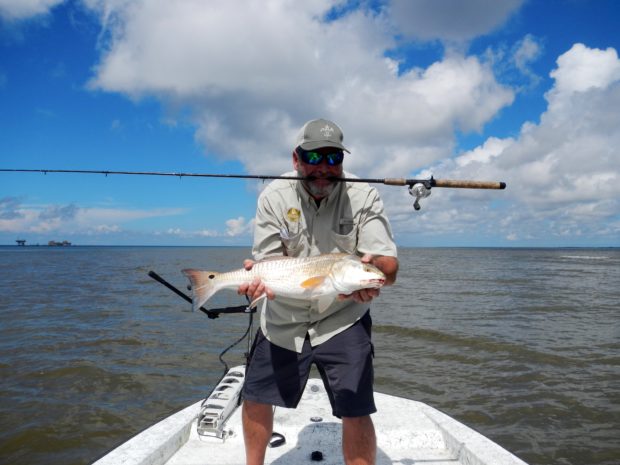
What Can You Do?
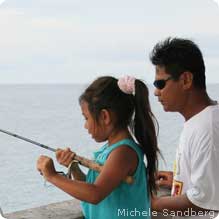
It’s difficult to express the high value of Gulf wetlands to sportsmen. But it’s imperative that we do so. No stronger voice connects to wildlife and habitat than the sportsmen who spend countless hours plying the marshes for redfish or working blinds for ducks and geese. No stronger voices exist than the ones coming from endless days in the resource with family and friends. Protect it now, enjoy it now and rebuild it for future generations.
 Tweet and ask your Senator to support the 2015 Sportsmen’s Act. Find a list of verified U.S. Senators’ Twitter accounts here.
Tweet and ask your Senator to support the 2015 Sportsmen’s Act. Find a list of verified U.S. Senators’ Twitter accounts here.











